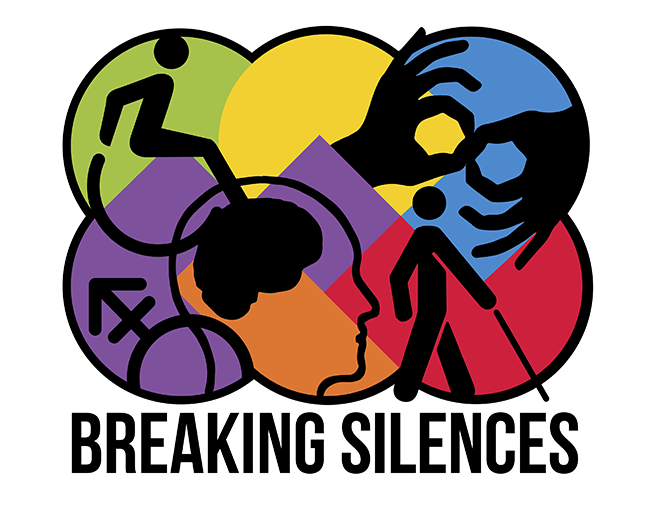Start Date
4-11-2015 5:30 PM
End Date
4-11-2015 6:30 PM
Description
Deaf women experience sexual assault at alarmingly higher rates when compared to their hearing counterparts, but little is known about their disclosure trends (Anderson & Leigh, 2011; Elliott & Pick, 2015). It has been reported that nearly one in five women has experienced rape in her lifetime (NISVS, 2011). This number only reflects the number of women who have disclosed, or told another person or agency about their experience. Rape survivors are a hidden population where only the survivor and the perpetrator know this crime has occurred (Campbell, Sefl, Wasco, & Ahrens, 2004). Though there is a scarcity of information regarding the Deaf community and disclosure, it is clear that hearing survivors of sexual violence who are members of underserved communities and/or rely on non-English resources face significant challenges when seeking help or disclosing their experiences (Campbell, Sefl, Wasco, & Ahrens, 2004).
Repository Citation
Opsahl, Noëlle, "A Peer Advocate's Experience of Deaf Women's Disclosure of Sexual Assault" (2015). Breaking Silences, Demanding Crip Justice: Sex, Sexuality, and Disability. 4.
https://corescholar.libraries.wright.edu/breaking_silences/2015/posters/4
A Peer Advocate's Experience of Deaf Women's Disclosure of Sexual Assault
Deaf women experience sexual assault at alarmingly higher rates when compared to their hearing counterparts, but little is known about their disclosure trends (Anderson & Leigh, 2011; Elliott & Pick, 2015). It has been reported that nearly one in five women has experienced rape in her lifetime (NISVS, 2011). This number only reflects the number of women who have disclosed, or told another person or agency about their experience. Rape survivors are a hidden population where only the survivor and the perpetrator know this crime has occurred (Campbell, Sefl, Wasco, & Ahrens, 2004). Though there is a scarcity of information regarding the Deaf community and disclosure, it is clear that hearing survivors of sexual violence who are members of underserved communities and/or rely on non-English resources face significant challenges when seeking help or disclosing their experiences (Campbell, Sefl, Wasco, & Ahrens, 2004).


